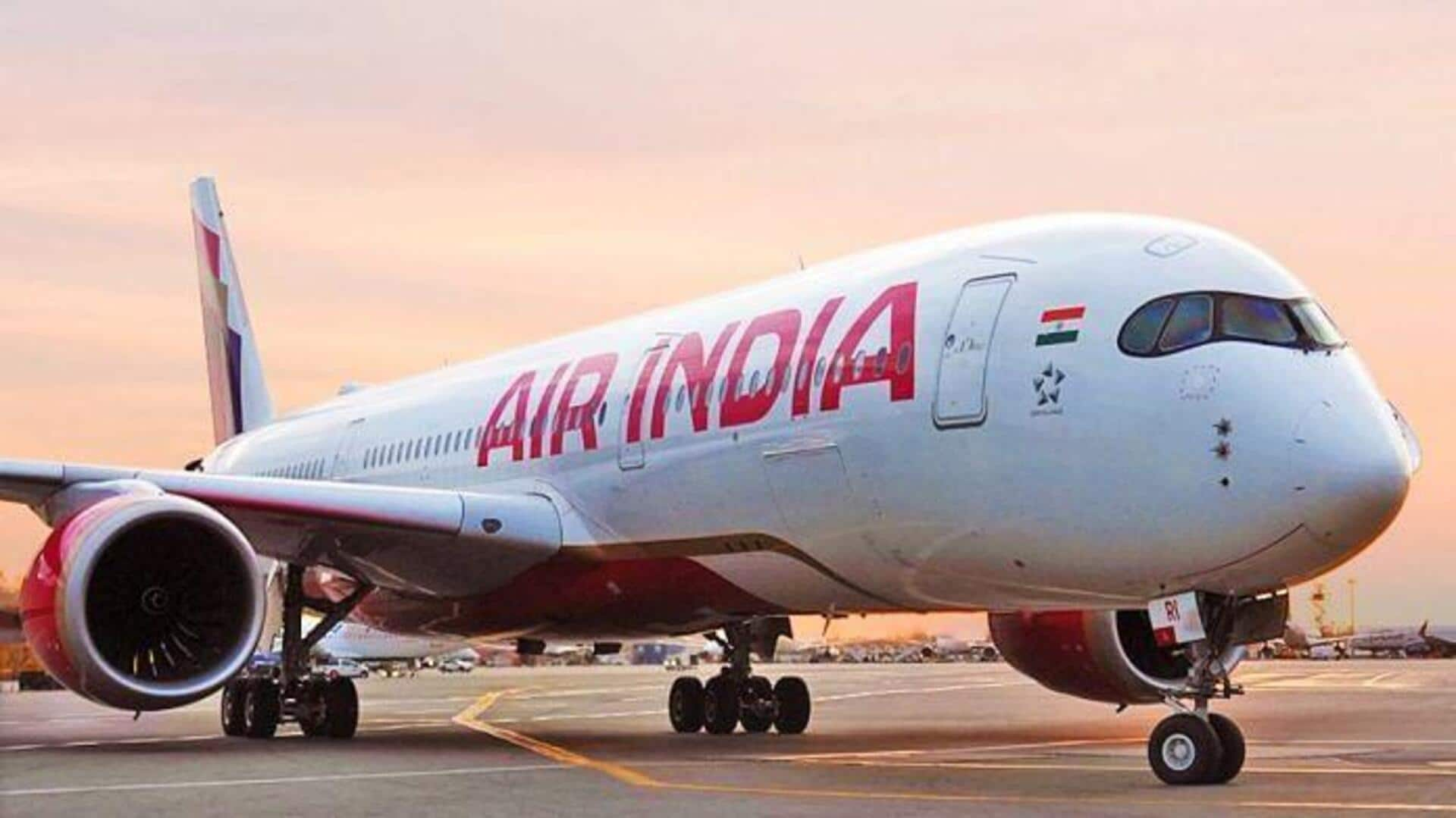
DGCA starts full aviation safety audit after Air India crash
What's the story
In the wake of a deadly Air India crash, the Directorate General of Civil Aviation (DGCA) has launched a special "360-degree" audit framework. The initiative aims to evaluate India's aviation ecosystem in its entirety, rather than through isolated assessments. It will focus on safety management systems (SMS), operational practices, and regulatory compliance across all sectors of aviation. The primary objective is to identify weaknesses, improve resilience, and ensure compliance with the International Civil Aviation Organization (ICAO) standards.
Regulatory action
Air India crash killed 241 people on board
The DGCA's move comes in the wake of a tragic incident involving an Air India aircraft that crashed shortly after takeoff from Ahmedabad to London Gatwick. The accident claimed the lives of 241 people on board and several others on the ground. In a circular dated June 19, the DGCA announced its plan to implement this comprehensive framework for assessing and strengthening aviation safety architecture in India.
Systemic change
Audit framework to break existing silos
The DGCA highlighted that regulatory and safety oversight functions in Indian aviation have been traditionally carried out in silos. This means different directorates conduct inspections and audits for their respective domains. The new comprehensive special audit is aimed at breaking these existing siloed assessments. It will focus on examining all aviation domains to provide a 360-degree evaluation of the ecosystem.
Scenario
Audits will cover a wide range of aviation sectors
The special audits under the new framework will apply to scheduled, non-scheduled, and private air operators. They'll also cover Maintenance, Repair and Overhaul (MRO) organizations; Approved Training Organizations (ATOs); Flying Training Organizations (FTOs); Air Navigation Service Providers (ANSPs); Aerodrome Operators; and Ground Handling Agencies (GHAs). The audits will be conducted alongside the regulatory audits carried out under the Annual Surveillance Programme.